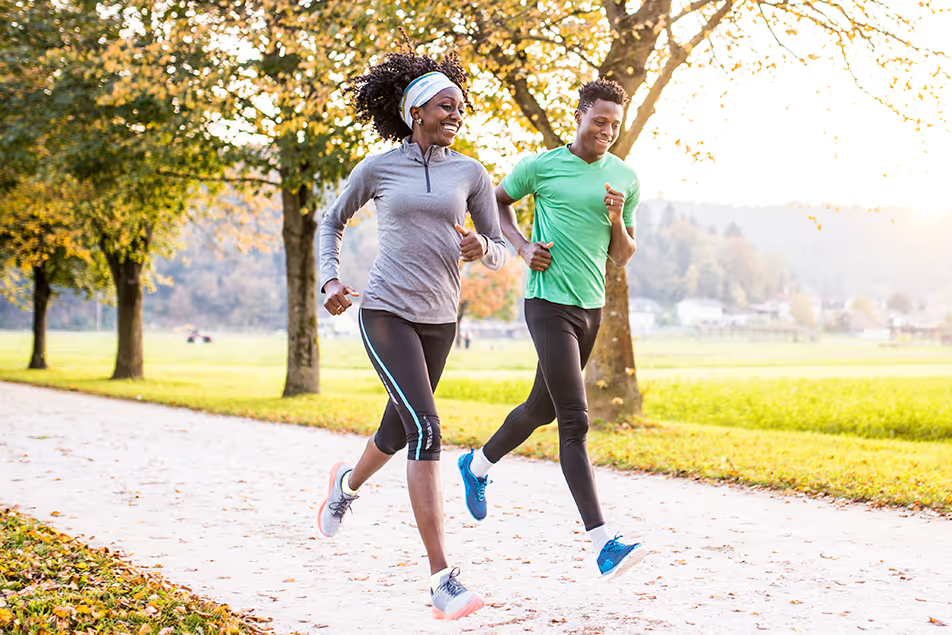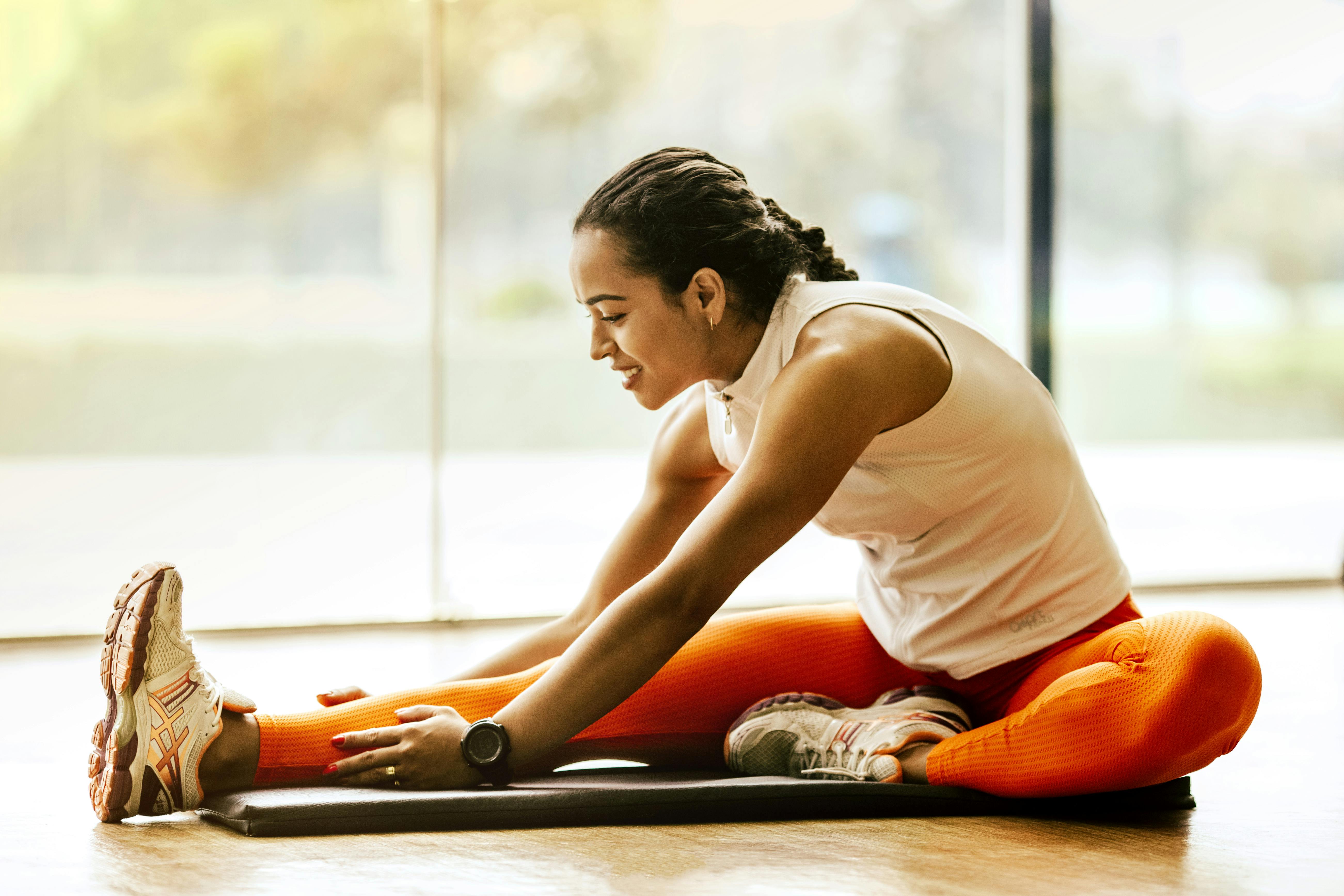.webp)
We all know that exercise is "good for you"—a phrase we hear so often that it sometimes loses its meaning. But the benefits of regular physical activity go far beyond fitting into your jeans or checking off a fitness goal. Exercise affects nearly every system in your body and plays a vital role in your mental, emotional, and physical health.
If you're looking for motivation to move, here’s why regular exercise is one of the best things you can do for yourself.
Exercise triggers the release of endorphins—chemicals in your brain that act as natural mood lifters. It also reduces levels of stress hormones like cortisol and adrenaline.
What this means for you: Regular physical activity can ease symptoms of depression and anxiety, improve self-esteem, and help you manage stress more effectively.
Working out increases blood flow to the brain, which can sharpen thinking, memory, and learning. It also stimulates the growth of new brain cells and slows age-related mental decline.
Quick tip: Even a short walk can enhance concentration and creativity if you’re feeling mentally stuck.
Cardiovascular exercise—like walking, cycling, swimming, or running—strengthens your heart and improves blood circulation. It can help lower blood pressure, regulate cholesterol, and reduce the risk of heart disease.
Heart smart: Just 30 minutes of moderate exercise five days a week can make a big difference.
It might seem counterintuitive, but expending energy through exercise actually increases your overall energy levels. Over time, physical activity strengthens your muscles and improves stamina.
Result: Everyday tasks feel easier, and fatigue decreases.

Exercise burns calories and builds muscle—both of which help regulate body weight. More importantly, it creates long-term changes in metabolism and appetite regulation.
Balanced approach: Pair exercise with mindful eating for sustainable results.
Weight-bearing activities like resistance training or even brisk walking help maintain bone density and muscle mass. This is especially important as we age.
Stay strong: Regular movement can help prevent osteoporosis and reduce the risk of injury from falls.
Physical activity helps you fall asleep faster and enjoy deeper, more restful sleep. It regulates your sleep-wake cycle and reduces the likelihood of insomnia.
Best time to exercise? Morning or early afternoon is ideal, but any time is better than none.
Sticking to a workout schedule helps develop self-discipline, time management skills, and a greater sense of control over your life.
Bonus: Completing a workout gives you a sense of achievement that can carry into other areas of your day.
“Physical fitness is not only one of the most important keys to a healthy body; it is the basis of dynamic and creative intellectual activity.” — John F. Kennedy
You don’t need to run marathons or hit the gym daily to reap the benefits of exercise. A little bit of movement each day—whether it's stretching, walking, yoga, or dancing—can create positive ripple effects throughout your body and mind.
The most important part? Find something you enjoy. When movement feels like a reward, not a chore, you’re more likely to stick with it.
Ready to start moving? Set a small, achievable goal this week—like a 15-minute walk each day—and notice how it makes you feel.
